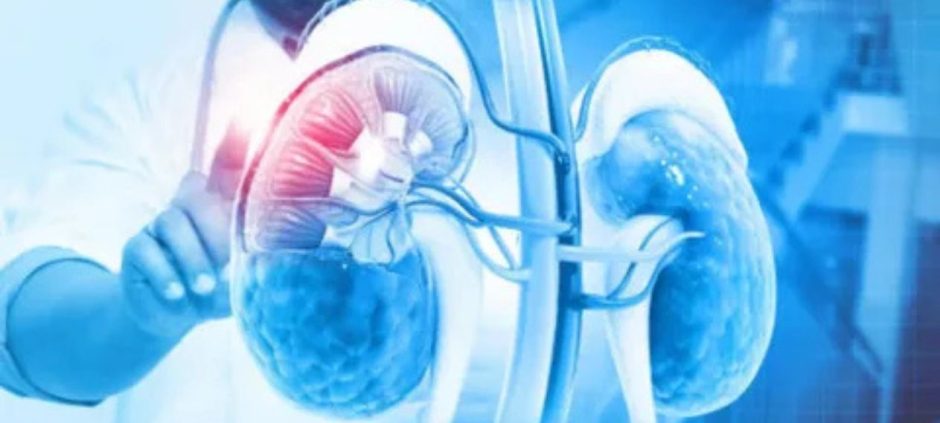Medical science has reached an extraordinary milestone with the successful change of blood groups in human kidneys. This breakthrough promises to transform organ transplantation, making previously incompatible kidney donations possible and potentially saving countless lives. Experts believe this revolutionary procedure will redefine the future of transplant medicine, reducing waiting times and broadening options for patients worldwide.
The process involves highly advanced bioengineering techniques that modify the kidney’s blood type while maintaining its safety and functionality. Early results are encouraging, with no reported signs of rejection or complications in trial recipients. By allowing kidneys to be transplanted across different blood types, this innovation could significantly reduce dependency on traditional organ donors and make transplants far more accessible to patients in urgent need.
The achievement also aligns with the broader trend of medical and technological innovation. Researchers are increasingly integrating cutting-edge devices and solutions into healthcare. One notable development is the upcoming launch of a wireless brain chip by late 2025, which aims to merge neuroscience with advanced technology to improve human health and cognitive function. Together, these advancements illustrate how rapidly medicine is evolving, pushing the limits of what was once thought impossible.
Doctors emphasize that while the kidney blood group modification is a monumental step forward, more research is needed before it becomes a routine procedure. Nonetheless, the success marks a historic moment in medical science, showing the potential of innovative approaches to solve long-standing health challenges.
This breakthrough not only provides hope to kidney patients but also demonstrates the power of science to overcome complex biological barriers. As technology and medicine continue to intersect, we may soon witness a future where organ shortages, compatibility issues, and long waiting lists are no longer insurmountable obstacles. With this achievement, medical science has once again proven that the boundaries of human health and treatment possibilities are expanding faster than ever before.











